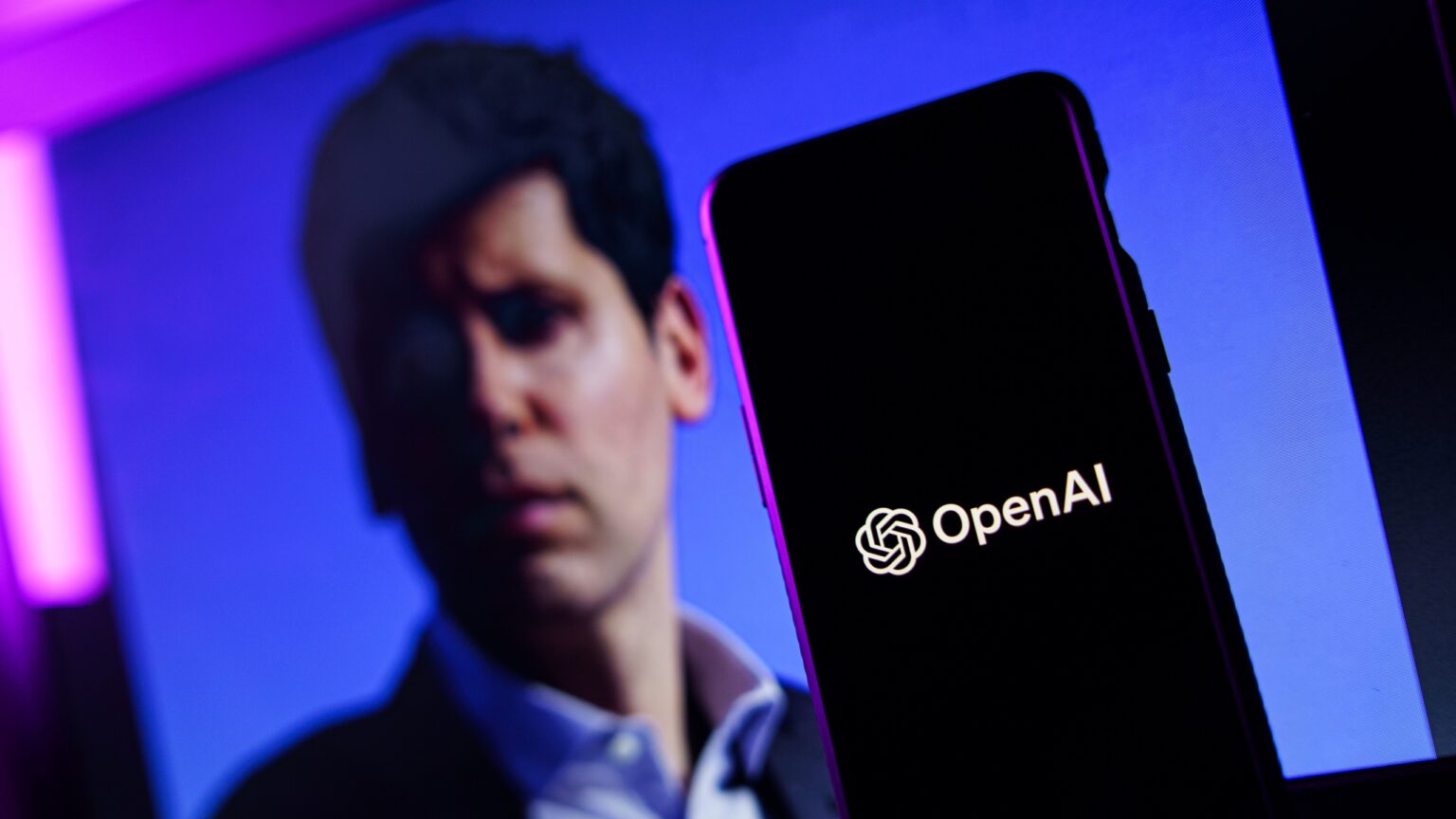Sam Altman, co-founder and CEO of OpenAI, recently defended the advancement of artificial intelligence, emphasizing its potential benefits in various sectors.
This came shortly after his dramatic reinstatement as head of the renowned AI startup following a sudden attempt to oust him.
Also read: Altman Reinstated as OpenAI CEO Amid Boardroom Drama and Legal Tussles
The ethical debate surrounding AI
In his first public outing since the tumultuous events at OpenAI, Altman addressed a gathering hosted by Operation Hope in Atlanta. He underscored the importance of exploring AI’s possibilities despite prevalent concerns about its misuse. Altman referenced cultural depictions of AI, like the Terminator, acknowledging the fears they represent.
“All those thoughts about the ways that this could go wrong—you don’t need much imagination because we grew up with that in the media.”
However, he stressed that such apprehensions drive OpenAI’s focus on safety. He argued that developing AI in an open, widely accessible manner, as opposed to in a secretive environment, is crucial for ensuring its safe evolution.
“That’s why we work so hard on safety. But we also believe you cannot build this safely in a vacuum.”
OpenAI’s approach to AI development has been under scrutiny, especially in light of the speed at which products like ChatGPT are being advanced. The recent upheaval at OpenAI, which saw Altman fired and then swiftly reinstated after a backlash from investors and staff, highlighted these concerns. During his talk, Altman did not directly discuss these events or the changes in the company’s governance.
The potential of AI in transforming industries
Altman spoke of AI’s unique position in the pantheon of technological revolutions, comparing its rapid evolution to that of the internet and mobile phones. While acknowledging the fears surrounding AI, he remained optimistic about its capacity to revolutionize various industries.
“This time it’s different. And it’s a little scary, to be sure.”
He emphasized AI’s potential to contribute significantly to sectors such as healthcare and education, suggesting that its benefits could far outweigh the risks if managed responsibly.
The incident at OpenAI, involving Altman’s brief removal, shone a light on the broader implications of AI technology. Its capacity to reshape industries and enhance military capabilities is a double-edged sword, demanding careful consideration and ethical governance.
A new chapter in AI governance
In a move reflecting the growing need for ethical oversight in AI, Altman announced the formation of a new AI ethics council. Co-chaired by himself and John Hope Bryant, founder of the hosting organization, the council aims to address the public’s concerns about AI. Based in Atlanta, it will likely play a pivotal role in shaping the future of AI governance, especially in the wake of recent events at OpenAI.
Moreover, Altman’s comments during the forum revealed a sense of responsibility for the anxiety surrounding AI. He acknowledged that he might become a focal point for these concerns but seemed prepared to shoulder this burden as part of leading OpenAI through this critical phase.
“People have a lot of anxiety, and I get that. They need a person to project that onto, and unfortunately, for a while, I’m going to be that person. And that’s all right.”









 and then
and then